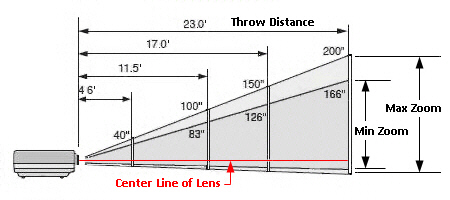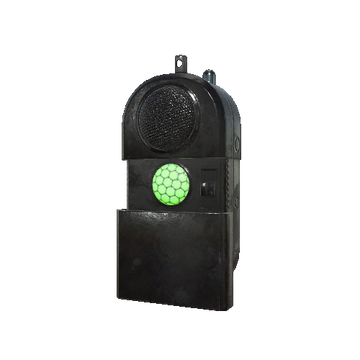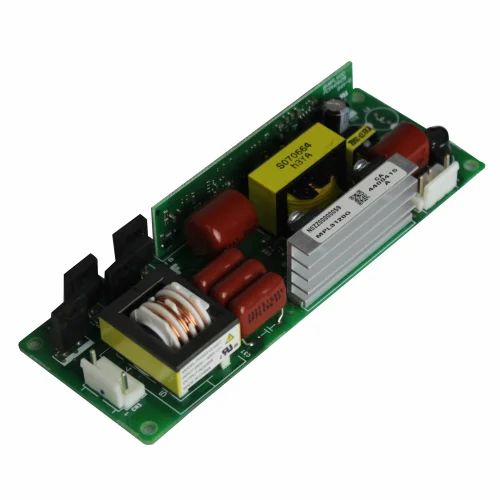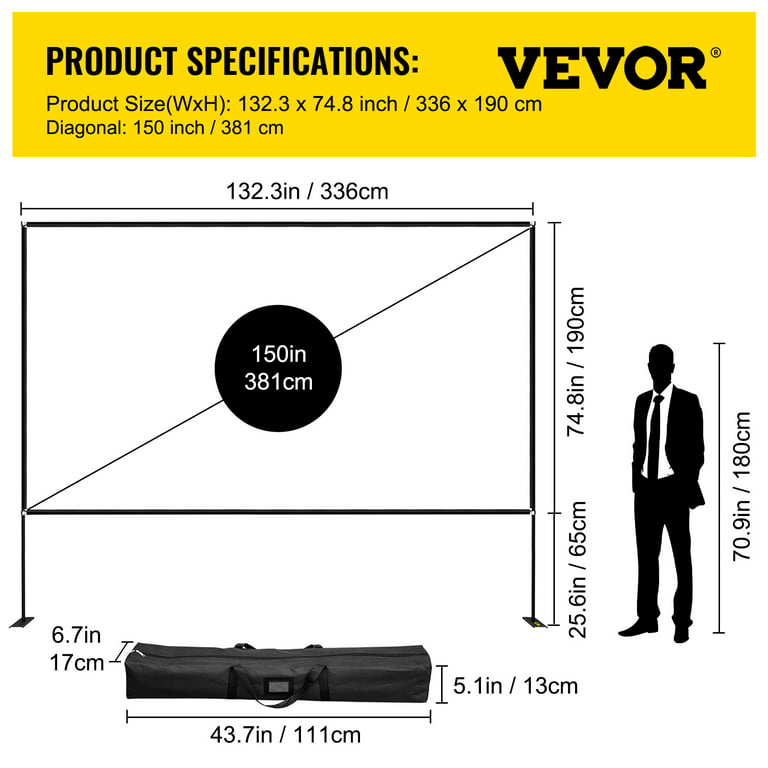Unraveling the Mystery: What Causes the Dishwasher to Not Drain
Introduction
Have you ever encountered a dishwashing session only to find a pool of water at the bottom of your dishwasher? If yes, then you understand how annoying and confusing the situation can be. Not only does it affect the efficiency of the dishwasher, but it could potentially be a gateway to more severe problems like unpleasant odors or a damaged machine. So, what causes the dishwasher to not drain accurately? Let us delve into the world of kitchen appliances and discover the truth behind this common issue.
Are There Common Indications of Draining Problems in Dishwashers?
It's crucial to recognize the indications linked to draining issues in dishwashers before they escalate into significant problems. One need not be an appliance expert to spot these signs. Here is a compilation of the most common symptoms that your dishwasher might not be draining properly:
- Water Backup: Perhaps the most distinct and definitive sign is the presence of stagnant water at the bottom of your dishwasher post a wash cycle.
- Unusual Noises: Odd or heightened noises during the dishwasher's operation could indicate potential drainage issues, and it is advisable not to ignore them.
- Dirty Dishes Post-Cycle: If your dishes are still dirty after a wash cycle, it might imply that the dishwasher's drainage system is not functioning as it should.
- Odorous Dishwasher: Last but not least, unpleasant or off smells emanating from your dishwasher could also be an alarming signal of drainage issues.
So, if you notice any of these symptoms, it's time to troubleshoot what might be hampering your dishwasher's efficient performance. Recognizing these signs instantly can save you from hefty repair bills and ensure the longevity of your appliance.
What Could Possibly Causes the Dishwasher to Not Drain?
The efficiency of your dishwasher is crucial and the hindrance could be a major concern. Unraveled below are potential causes that could lead to your dishwasher failing to effectively drain:
1. Clogged Filters or Drain Hoses: The drainage system of your dishwasher is vital for its operation. Over time, filters or drain hoses can become blocked due to accumulated food particles and debris, preventing water from draining out as expected. According to appliance repair professionals, this is the most common cause of dishwasher drainage issues.
2. Malfunctioned Drain Pump: The drain pump plays a pivotal role in expelling the dirty water out of your dishwasher. If it ceases its function or starts malfunctioning, the water often stays back in the dishwasher, failing to drain.
3. Faulty Control Panel: The control panel acts as the brain of your dishwasher and directs its operations. However, in case of any glitches or malfunctions in the control panel, the dishwasher might fail to initiate the drainage cycle, causing water to remain.
4. Incorrect Dish Soap: It's essential to use products specifically designed for dishwashers. Normal dish soaps or detergents can produce exaggerated suds, causing issues with the effective draining of water. A survey by Consumer Reports found that about 6% of dishwasher drainage issues are caused by using the wrong type of soap.
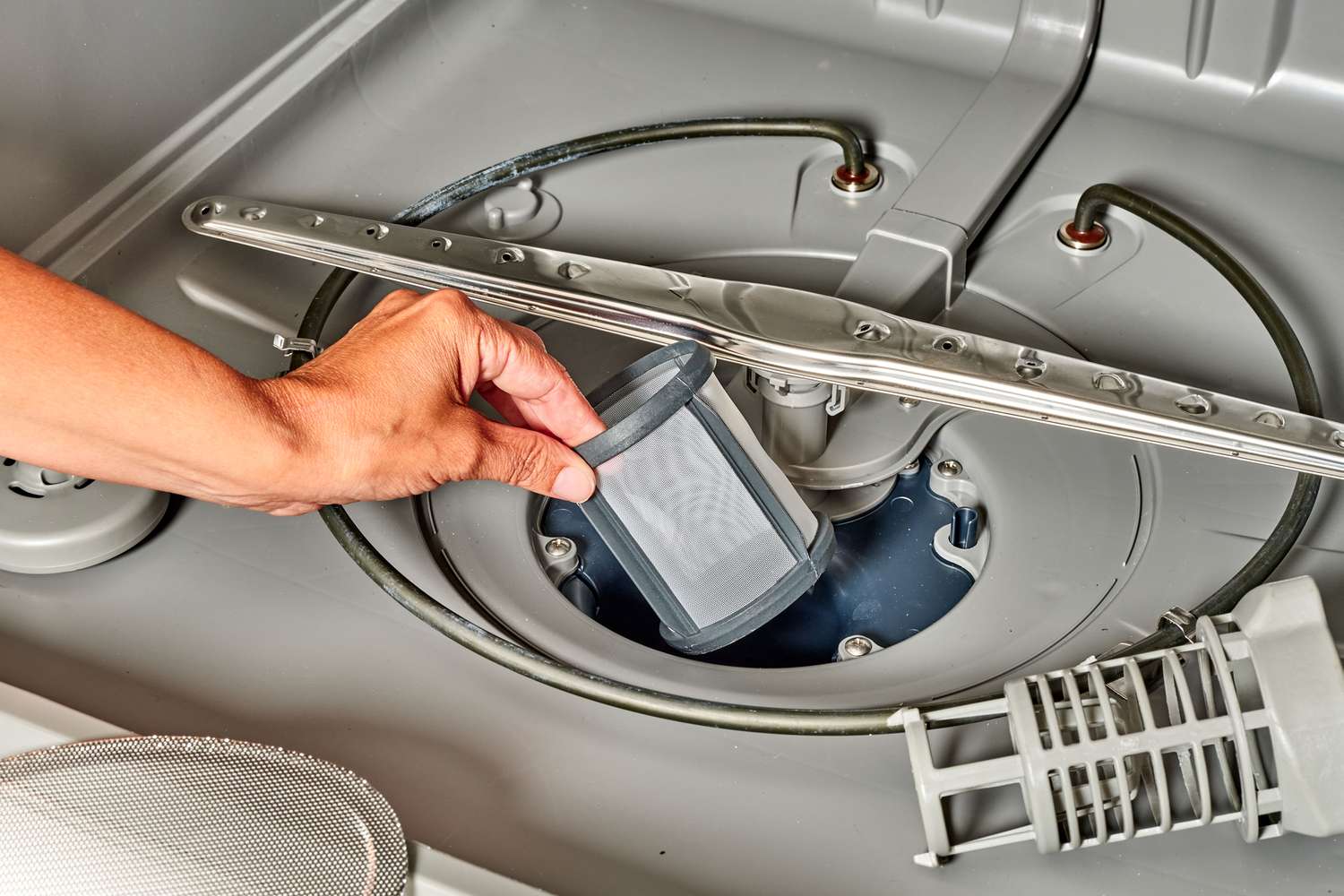
Understanding the causes of your dishwasher failing to drain efficiently can be the first step towards alleviating the issue. Regular inspection and maintenance of these components can prevent unnecessary problems, thus ensuring the smooth running of your dishwasher.
How Can We Troubleshoot Common Dishwasher Draining Issues?
Visibly, dishwasher draining issues can be incredibly inconvenient, affecting both the operational effectiveness and efficiency of your appliance. However, with a little hands-on approach, many of these problems can be troubleshooted and resolved at home. Here we take a comprehensive look at the common alleviation strategies:
- Inspection and Cleaning of Filters and Drain Hoses: This becomes your first line of action. It's quite common for food particles and other debris to clog these areas and obstruct water flow. Therefore, regular inspection and subsequent cleaning are necessary for smooth operation.
- Assessment of the Drain Pump: Broadly, a dysfunctional drain pump could be a leading cause of drainage issues. This might need a bit of handy work. Check for any visible damages or blockages and consider replacing the pump if it seems to be faulty or inefficient.
- Use of Appropriate Dish Soap: This might sound surprising but using the incorrect dish soap can lead to excessive foam formation, which might impede proper drainage. Hence, always opt for dish soaps specifically designed for dishwashers.
- Resetting the Dishwasher: As absurd as it might sound, dishwashers, like any other electronic device, might face software glitches, and would hence require a reboot. Therefore, resetting your device now and then is a wise idea.
- Evaluating the Control Panel: The control panel, being the command center of your dishwasher, might sometimes malfunction, leading to ineffective drainage. If you are blurred by any of its functions, refer to the user manual or seek expert advice.
In essence, quick consulting of the user manual, a bit of inspection, some cleaning, and minor adjustment of the settings can help alleviate most common dishwasher draining issues. Yet, should these problems persist, a professional's diagnosis might be the call of the hour. Remember, a well-maintained dishwasher not only provides clean, sparkling dishes but also contributes to the overall lifespan of the appliance.
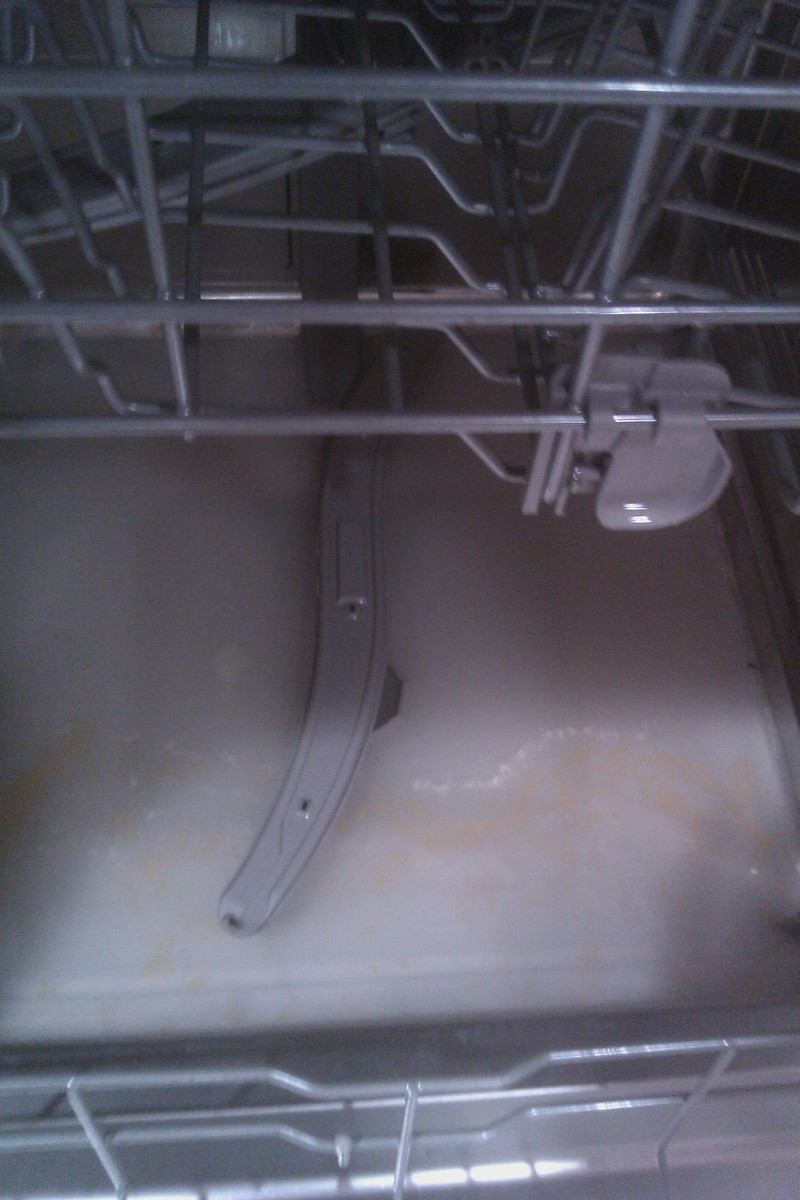
When Should We Consider Calling a Professional For Dishwasher Problems?
Dishwasher drainage issues, although common, can occasionally lead to grey areas that are best left to the expert's eye. It's important to know when it's more beneficial to call in a professional, preventing further damages and costly long term consequences.
Below are a few scenarios when a professional plumber's intervention is recommended for your dishwasher problems:
- Persistent drainage issues: If you've checked and cleaned the filters and drain hoses, yet the dishwasher continues to pool water, this is a clear signal for professional help. A plumber can delve deeper into the problem, diagnose and rectify it.
- When the problem involves electricity: Issues with the control panel indicate an electrical fault. It's always safer and smarter to let an electrician handle such matters.
- Unceasing abnormal noises: A well-functioning dishwasher operates with minimal noise. So, if your dishwasher continuously produces uncanny noises despite regular maintenance, consider calling a professional.
- Annual maintenance: As a rule of thumb, invite a professional at least once a year for a complete checkup of your dishwasher. This preemptive measure could save you from sudden breakdowns and costly repairs.
Overall, while DIY methods could solve minor issues, complex or stubborn problems are best addressed by professionals. Their expertise helps maintain the lifespan of your dishwasher while possibly unveiling covert issues that could have escalated into major ones.
How Can Preventive Measures Avoid Dishwasher Drainage Issues?
Just as with any appliance, prevention is key to maintaining the longevity and functionality of your dishwasher. Several proactive steps can be taken to anticipate and prevent future problems:
- Regular Maintenance: Making a habit of cleaning your dishwasher monthly can significantly reduce the likelihood of clogging. This entails emptying the dishwasher, locating the filter (commonly found at the bottom or at the back), and gently removing debris.
- Improper Detergent Use: Always ensure you use the detergent specifically designed for dishwashers. Non-dishwasher detergents can lead to soap suds overflow, which can block the drainage system.
- Avoid Overloading: Be careful not to overload your dishwasher. An overcrowded dishwasher obstructs the wastewater flow, potentially causing drainage problems.
- Periodic Deep Cleaning: Approximately every six months, consider deep cleaning your dishwasher. You can do this with white vinegar or a dishwasher cleaning solution. This will help maintain performance and cleanliness, ensuring your dishwasher drains correctly.
- Professional Inspection: Consider a professional inspection at least once a year. A professional can spot potential problems early and ensure all components are functioning correctly, leading to fewer issues down the line.
Through attentiveness and regular maintenance, you can effectively eliminate potential dishwasher drainage issues, keeping your appliance in top condition.
Conclusion
In conclusion, various reasons could lead to your dishwasher not draining, ranging from clogged filters to usage of incorrect dish soap. Regular maintenance and accurately troubleshooting can keep such issues at bay. Nonetheless, do not hesitate to seek professional help when the problem persists or seems out of your comprehension.
Related FAQs about what causes the dishwasher to not drain
What steps can I take to prevent future dishwasher drainage problems?
To avoid future dishwasher drainage problems, regularly clean your dishwasher, especially the filters and drain hoses. Use only detergent specifically designed for dishwashers and be careful not to overload the machine. Every six months, deep clean your dishwasher using white vinegar or a special cleaning solution.
What are some common signs that my dishwasher is not draining properly?
Common signs that your dishwasher isn’t draining properly include pooled water at the bottom of the dishwasher after a wash cycle, unusual noises, dishes still dirty after a cycle, and an unpleasant odor emanating from the dishwasher. If you spot these signs, troubleshoot or consult a professional.
How often should I clean my dishwasher to avoid drainage issues?
Cleaning your dishwasher should be done regularly, ideally once a month. You should also deeply clean your dishwasher approximately every six months. Annual professional inspection is also recommended. Regular, deep cleaning, and professional inspection can help maintain your dishwasher's efficiency and prevent drainage issues.



